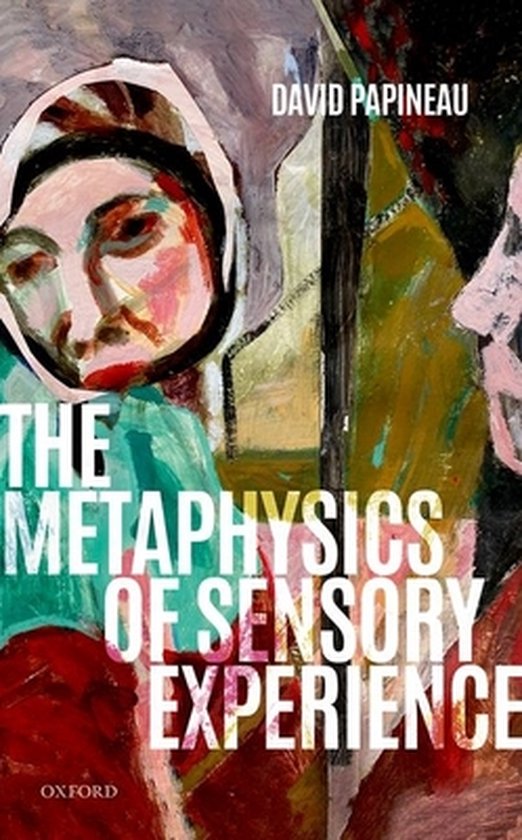
The Metaphysics of Sensory Experience
What is going on when we are consciously aware of a visual scene, or hear sounds, or otherwise enjoy sensory experience? David Papineau argues controversially for a purely qualitative account: conscious sensory experiences are intrinsic states with no essential connection to external circumstances or represented properties.
What are the materials of conscious perceptual experience? What is going on when we are consciously aware of a visual scene, or hear sounds, or otherwise enjoy sensory experience? In this book David Papineau exposes the flaws in contemporary answers to this central philosophical question and defends a new alternative. Contemporary theories of perceptual experience all hold that conscious experiences reach out into the world beyond the mind. According to naïve realism, experiences literally incorporate perceived facts, while representationalism holds that experiences contain ordinary properties of the kind possessed by physical objects. These ideas might seem attractive at first sight, however Papineau shows that they do not stand up to examination. Instead, he argues for a purely qualitative account of sensory experience. Conscious sensory experiences are intrinsic states with no essential connection to external circumstances or represented properties. This might run counter to initial intuition, yet Papineau develops this qualitative theory in detail and illustrates how it can accommodate the rich structure of sensory experience. Papineau's qualitative account has respectable antecedents in the history of philosophy. By placing the qualitative theory on a firm footing, he shows that those curious about experience need not be restricted to the options in contemporary philosophical discourse.
What are the materials of conscious perceptual experience? What is going on when we are consciously aware of a visual scene, or hear sounds, or otherwise enjoy sensory experience? In this book David Papineau exposes the flaws in contemporary answers to this central philosophical question and defends a new alternative. Contemporary theories of perceptual experience all hold that conscious experiences reach out into the world beyond the mind. According to naïve realism, experiences literally incorporate perceived facts, while representationalism holds that experiences contain ordinary properties of the kind possessed by physical objects. These ideas might seem attractive at first sight, however Papineau shows that they do not stand up to examination. Instead, he argues for a purely qualitative account of sensory experience. Conscious sensory experiences are intrinsic states with no essential connection to external circumstances or represented properties. This might run counter to initial intuition, yet Papineau develops this qualitative theory in detail and illustrates how it can accommodate the rich structure of sensory experience. Papineau's qualitative account has respectable antecedents in the history of philosophy. By placing the qualitative theory on a firm footing, he shows that those curious about experience need not be restricted to the options in contemporary philosophical discourse.
| Auteur | | David Papineau |
| Taal | | Engels |
| Type | | Hardcover |
| Categorie | | Religie, Spiritualiteit & Filosofie |